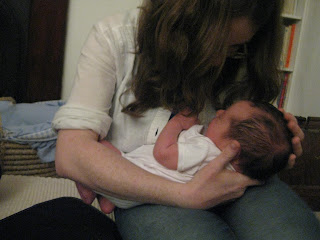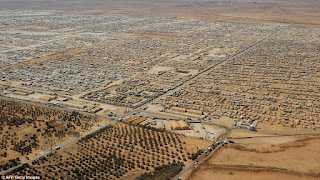Zuhour
She was wandering from room to
room. Stuck sometimes in the margin between two rooms, in the shade, where the
reflective windows couldn’t meet her with the winking stares of the jeweled
window and porch lights, the city as it drew itself to sleep, and the lumberous
lists of names, of father’s and mother’s names, of place of birth, of type of
car, of annual salary, all these names, filled inside the stenciled biro lines
set out for them, which formed part of the old groan of the city now, as it
dimmed in the smog light, in the weakening glow of its old pragmatic,
mechanical hum.
When she closed her eyes, she thought
she could hear the working of some factory or hospital, and un aware of the
location of one, she attributed this to the inner belly, the grumbles that
issued from the institution of the city itself. Its networks, its fence-like
possibilities for connection. The relationship in which its name was used.
She telephoned the teacher
once again. She let her fingers fumble bloodlessly at their tips as she typed
the number, stuck to a flittering piece of note paper (no doubt, taken from her
husband’s office, where the numberless inhabitants of this city were listed, statisticised
and undescripitively, again by hand, notwithstanding the brilliance of the very
sleek laptop that crowned the surface of his desk). Perhaps a man was safer
than a machine, she had always thought this upon seeing the crumpled lists on
her father’s desk, and his great, box like computer with the black screen and
the green type, untouched, yet endowed, by the ministry.
She hadn’t saved this number,
she only did that for those people whose attachments somehow reached into the
realm of trust with her. It was like saving the Philipino maid’s number, instead
of tacking it carelessly to the kitchen pin board, where it too, could be
victim to the tearing wind. Which hit
like an unexpected visitor at the boards of the doors and the weak casements of
the fan’s plastic wings. Again there was no answer. She felt as if she were
sinking into a deeper and deeper hole, from which return would not come, from
which resolution could not issue. She felt as if she were getting further away
from the world.
She muttered a habitual line
putting her trust in God against the evil forces. She felt them enjoying a
large banquet now in every corner of the room, gaze directed at her, in the
middle. Un accommodated for, without a plate and that reassuring regularity of
the chew, the dicing of your sustenance in a perceptible cavity, that which was
yours, and yet could open its self to the world, could still be heard, despite
her woman and motherhood, and the increasing predictability of what must be
heard from her lips to pass as acceptable.
Until this point, she hadn’t
allowed herself the gap, the break, to dote on the one she was calling.
Instead, she consisted merely of the apparition of a name on her screen. But
now, the feeling in the girl’s presence raced back. This brown haired, sooty
eyed girl, whose purpose, whose presence, had never been ascertained. Who amused
her husband in her novelty, her youthful assurance, the sort of assurance you strove
at in a daughter, but would cringe at in a wife. They talked about football
with an abandon that Zuhour could only sigh and raise her eyes at. That girl,
whom she relied on for a certain kind of privileged knowledge, which she at
once wanted and tried to throw off, that girl, alone in her own happenings. Too
thin for a daughter, too distant for a sister, beautiful only in her
foreignness, Zuhour found it strange to
have met a woman she felt she could not open her mouth freely to. Whom she
couldn’t relate to in that unspoken realm of impulse.


Comments
Post a Comment